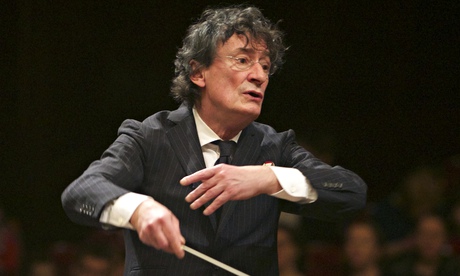
Few settings of the Stabat Mater have the intensity of Karol Szymanowski’s. While the circumstances of its composition were deeply personal – his sister lost a young daughter in a tragic accident – the simple humanity and immediacy of Josef Janowski’s Polish translation inspired a similarly direct musical language. To Szymanowski, the suffering of Mary at her son’s crucifixion was a parallel to that of his sister Stanisława in her grief. Remarkably, Stanisława herself would sing the soprano role at the 1929 premiere. In this performance by the touring Warsaw Philharmonic Orchestra and Choir, it was the intimacy and introspection of soprano soloist Wioletta Chodowicz, together with the natural inflections of Polish folk song in her voice, that stood out. Mezzo Hannah Pedley and baritone Paul Carey Jones may not have had the same authentic Polish sound, but their sensibilities were evident, and it was conductor Jacek Kaspszyk’s emphasis on the music’s almost mystic austerity that allowed its passionate climax in the final section to achieve a stark nobility.
At its most powerful, Szymanowski’s music achieves a universality of expression and so Kaspszyk’s choice of Beethoven’s choral Ninth Symphony by way of a complement had its own logic. His approach to the Beethoven was brisk and unsentimental, intent on overall momentum rather than reverential detail. Schiller’s joyous words were projected with admirable clarity by Carey Jones, and the Warsaw choir’s singing was excellent, bright and ringing in tone. Andrew Rees’s resonant tenor made up the solo quartet but, positioned behind the first violins and directly in front of the overeager timpanist, they were necessarily compromised. However, the unalloyed optimism of the whole was undiminished and Beethoven’s ideal of brotherhood was surely reflected in Bristol’s warm reception.

